Our semi regular round-up of mezcals that are new in the market or new to us.
The Moon Shift
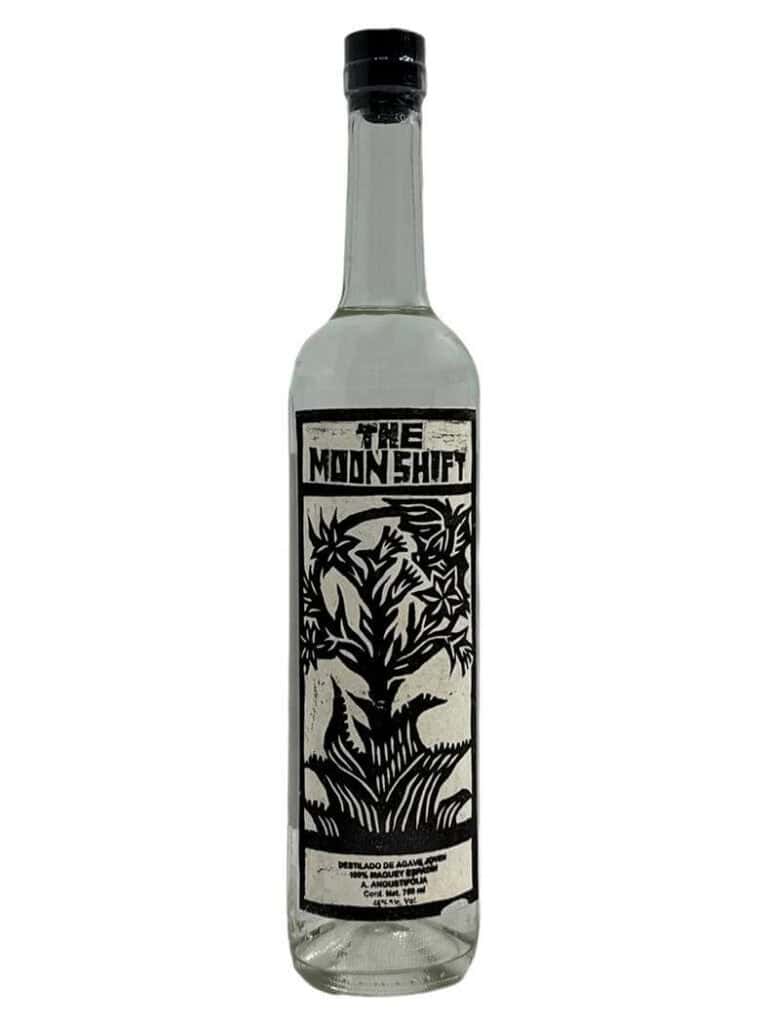
This is a funny, small world story. When the brand reached out to me, I realized that one of the owners was a bartender I recognized from Oaxaca. The resulting video call was a great walk down memory lane to almost 10 years ago.
The Moon Shift was co-founded by Gabriel (Lamoon) Gonzalez, Cathy Owen, and Dan Grocki, three industry professionals who met over drinks in Tulum and bonded over their shared connection to the land and love for fresh ingredients. They eventually went into business together, opened a restaurant in Tulum, and decided they wanted to incorporate a house mezcal into the concept. Research and Gabriel’s contacts in Oaxaca eventually led them to mezcalero Israel Pérez Santiago and his palenque Sol de la Luna in Santiago Matatlán, Oaxaca. The team really liked how his process of overfermenting created a different type of flavor.
After much conversation, Don Israel suggested they create a brand together rather than making their restaurant the sole sales point for his mezcal. They also made the decision to market as a destilado de agave rather than a mezcal. They recently released their first batch into the US market. The agaves were caponed, cooked in-ground, crushed, fermented in wood, and double distilled in copper. The spirit is 46% ABV and has been rested in glass for a year. Oaxacan artist Federico Valdez designed the label–the name pays homage to how Don Israel makes his mezcal in line with lunar cycles. Currently, The Moon Shift is only available in Missouri.
Zancudo
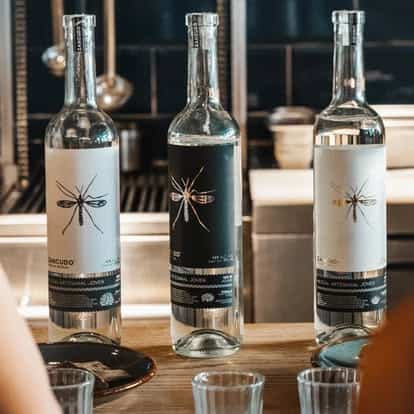
Launched into the Northern California market in spring of this year, Zancudo Mezcal was founded by Santos Serfaty and Andres Ballesteros Garza. Santos is a chef and originally met Andres at a pop-up dinner he did in Mexico City. They began talking and the topic of mezcal came up. Andres had spent almost 10 years in Oaxaca, and during that time had done some work with the Morales family that was producing Wahaka Mezcal in San Dionisio Ocotepec. Santos and Andres eventually embarked on creating a mezcal brand and tapped the young 6th generation mezcalero from the family, Carlos Alberto Morales, to be the producer.
The portfolio consists of an espadín (43%), tobalá (45%), and madrecuishe (42%). Eventually they will have an ensemble of americana, jabalí, and espadín made in clay pots. I could taste familiar characteristics in the mezcales, which is not suprising since Carlos learned how to make mezcal from his father, who oversees the Wahaka production.
While their 42% madrecuishe may raise eyebrows for its low ABV, it has a lot of flavor and the green minerality and sweetness of the agave stands out–not unlike the Wahaka madrecuishe, which I always enjoyed. When I met with Santos and Andres, they happened to have a sample of madrecuishe at a higher ABV of 47%. However, at the higher ABV, that balance was lost, which was surprising to everyone sitting at the table.
The mezcal is produced at a separate palenque, and the agaves come from the fields around it in San Dionisio. The agaves are cooked in an in-ground oven, crushed by tahona, fermented in wood, and then double distilled in copper.
The brand will eventually expand throughout California, and they will be participating in our Mexico in a Bottle San Diego and San Francisco events.
El Cristiano 1761
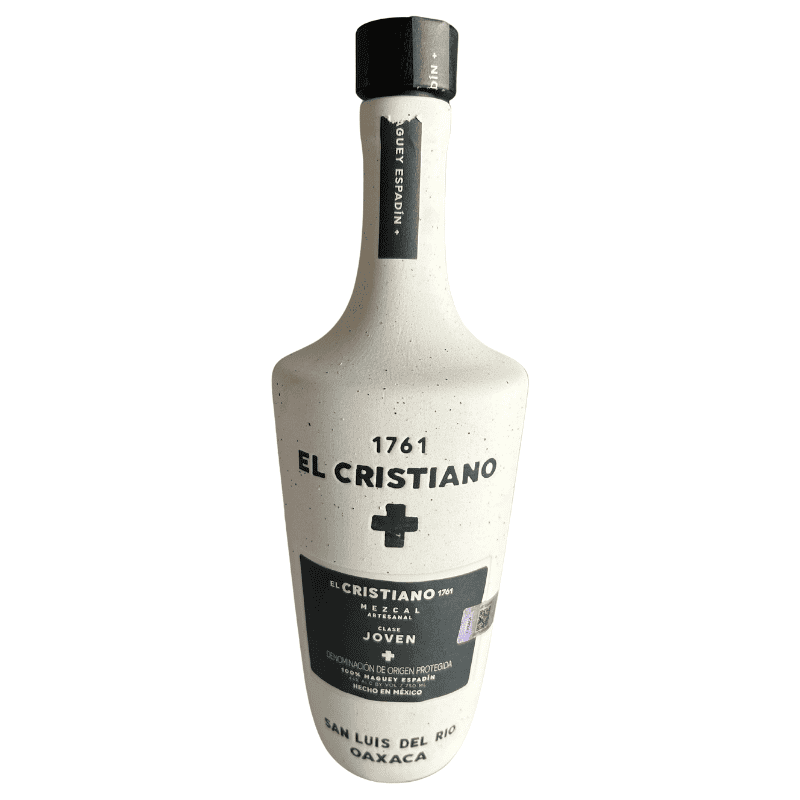
Known for their line of tequila, El Cristiano recently added a mezcal to their portfolio following their stated ethos “to create the most delicious, sustainable, and additive free tequila in the world.” (Their website emphasizes their reverence and love for Mexico, also stating “It is also our commitment to sustainable harvesting of agave, sustainable wages, and traditional processes to make additive free tequila.”)
The espadín mezcal is made by mezcalero Abel Nolasco Velasco in San Luis del Rio, Oaxaca (you can see an interview with him here.) The agaves are grown in the hills around the town. They are then brought to the palenque where they are cooked in pit ovens, crushed by tahona, fermented in wood vats, and then double distilled in copper. This 44% ABV mezcal is available in California and Florida and can also be ordered through Old Town Tequila.
Unito
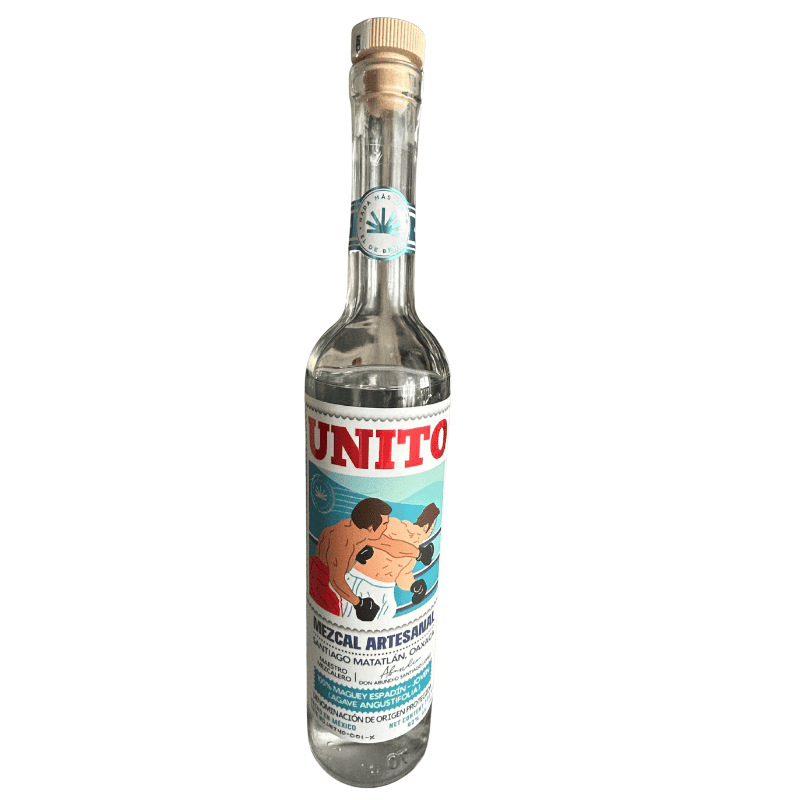
Unito is a new mezcal with big aspirations to take on the cocktail market. It has been available in Mexico and now is launching into the US market. Made in Santiago Matatlán, Oaxaca by mezcalero Don Abundio Santiago Lopez (who is also part of the ownership structure), this mezcal packs a lot of flavor for 40% ABV–with hints of smoke, acetone and a sweet finish. The espadín agaves are grown in the Valles Centrales, roasted in ground, crushed by tahona, fermented in wood, and then double distilled in copper.
For now, there is only the espadínexpression but there are plans down the line to add additional expressions to the portfolio. The brand will be participating in both our Mexico in a Bottle San Diego and San Francisco events.
File under What the…
400 Conejos Cristalino
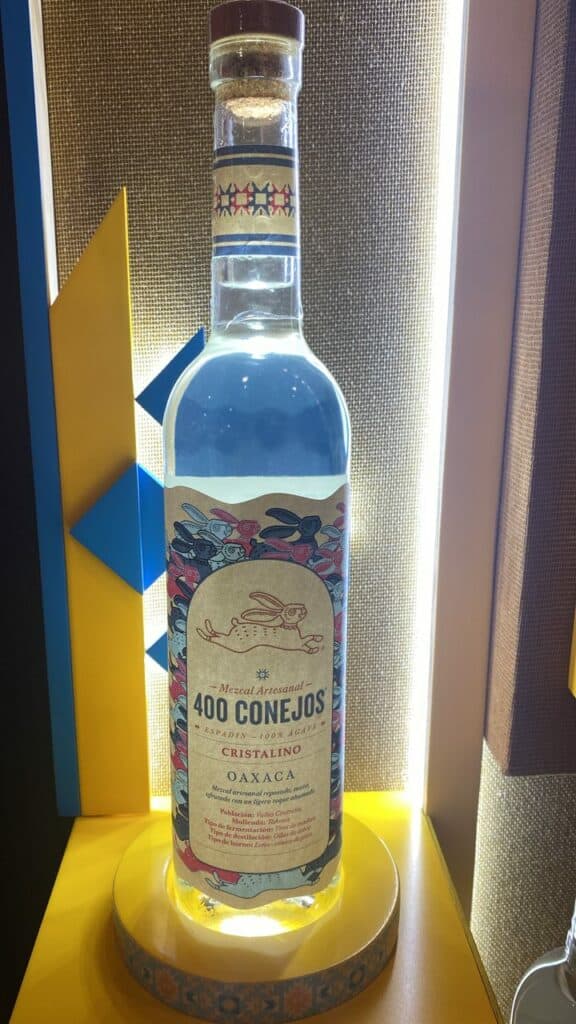
I am not sure when this hit the Mexican market, but 400 Conejos has launched a cristalino mezcal. Within mezcal, cristalinos are not technically defined as a classification (like joven, reposado or añejo) so it is a bit of a question how this label got approved.
So, what exactly is a cristalino? This is a style of tequila that has become increasingly popular, though many serious tequila drinkers see it as a marketing gimmick. It involves taking a reposado or añejo tequila and filtering it so that the coloring from the aging is removed. The result is a crystal clear liquid–hence the name.
This cristalino mezcal is 40% ABV and is currently only available in Mexico. A few other brands, Casa Lumbre’s Contraluz as one example, are making “cristalino” mezcals that are available on the US market.

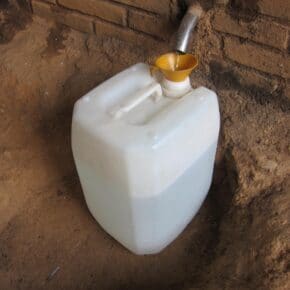
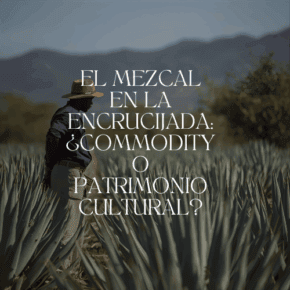

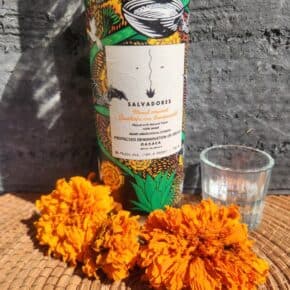







Leave a Comment